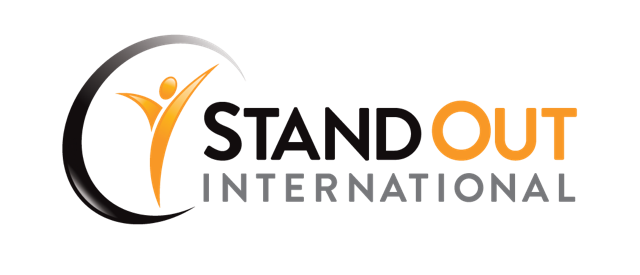Business keeps moving faster…you better make time for strategy
There is a fundamental distinction between strategy and operational effectiveness. Strategy is about making unique choices. Operational effectiveness is about things that are part of your daily routine.
A strategy delineates a territory in which a company seeks to be unique. Strategy 101 is about choices. Avoid the natural tendency to be all things to all people. The essence of strategy is that you must set limits. What are you trying to accomplish? The company without a strategy is willing to try anything.
Doing the same as your competitors is unlikely to create success for you. It is incredibly arrogant for a company to assume that it can deliver the same sort of product or service that its rivals do and do it better. This extremely dangerous strategy bets on the incompetence of your competitors.
Technology changes, strategy does not
The underlying principles of strategy are enduring, regardless of technology or the pace of change. Sound strategy starts with having the right goal, which is to support superior profitability. If your goal is anything but profitability you create problems. It will be very hard to win in the marketplace when a company sets a vague goal such as:
• Be the biggest player in our industry or niche
• Grow fast
• Become the technology leader
To formulate a strategy with superior profitability, here are five important questions to answer:
1. What is your mission?
2. Who is your customer?
3. What is really important to your customer?
4. How does your customer benefit from your solution?
5. What is your competitive advantage?
Finally, strategy must have continuity and consistency. Strategy is about which customers you serve and the superior value you deliver. Positioning, at the highest levels, is where continuity needs to be strongest. Otherwise, it’s hard for your organization to grasp what the strategy is and is challenging for customers to know your company’s position.
Strategy hasn’t changed, but change has
Change brings opportunities. On the other hand change can be confusing. The error that some managers make is that they see all of the change and all of the new technology out there, and they say, “We have to get out there and implement fast.” They forget that direction needs to be distinctive.
Client segments need be well defined. Customer value must be compelling. Winning will become easier with distinctive direction, client segments well defined, and strong customer value.
There is a fine balance between change and continuity. Continuity of strategic direction and continuous change, which is steadily improving in how you execute, are absolutely consistent with each other. In fact, they are mutually reinforcing. The ability to change constantly and effectively is made easier by high-level continuity.
The more explicit you are about setting strategy, about wrestling with trade-offs, the better you can identify new opportunities that support your value proposition. Otherwise, sorting out what is important among a bewildering array of technologies is very difficult.
Some managers think, “The world is changing, things are going faster. Therefore we have to move faster. Having a strategy seems to slow me down.” I argue that having a strategy allows you to be more nimble to change with consistency.
Great strategies are a cause
Leaders invent strategy with team members who define with new activity that which others have yet to discover. The critical job for a leader is to provide the discipline and the glue that keeps such a unique position sustained over time.
A leader also has to make sure that everyone understands the strategy defining the company’s differences, which are the ideal clients, and how it creates value compared to its rivals. Every salesperson has to know strategy so he or she knows who to call. Every engineer has to understand it to know what products to build.
The best CEOs are teachers. At the core they teach strategy. They reach out to employees, to suppliers, and to customers to reinforce the message, “This is what we stand for. Here is how we contribute superior value to our clients.” In great companies, strategy becomes a cause.
Strategy is about being different. With a really great strategy, people are fired up: “We are not just another airline. We are bringing something new and different to the world.”
This article is a summary from ideas and articles by Michael Porter.


